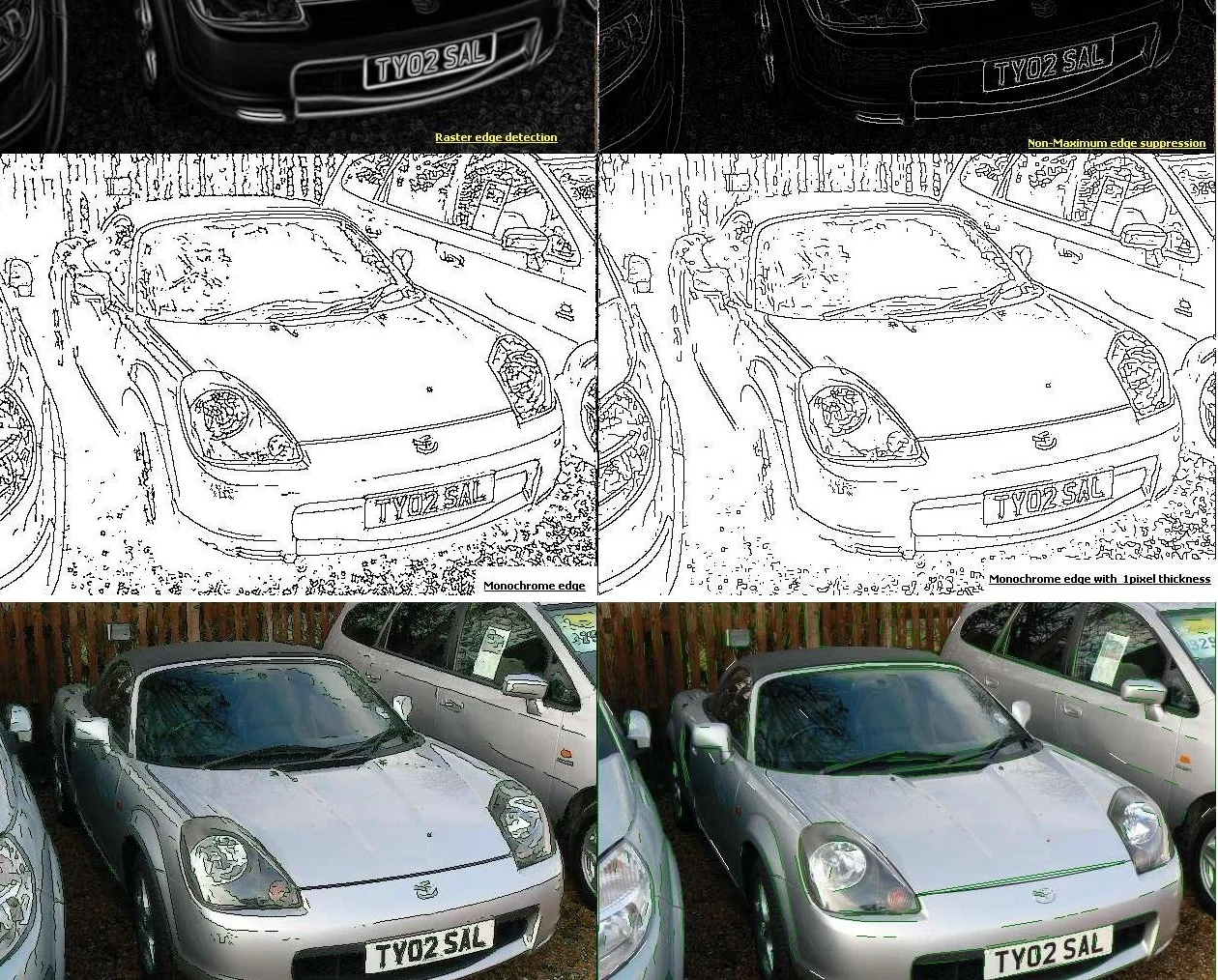Hundreds of former federal prosecutors are now on record that -- but for the Justice Department's policy against prosecuting sitting presidents -- the Mueller report contains ample evidence to bring obstruction charges against Donald Trump.
Read MoreApropos of our recent episode on ALPRs, Holly from Idaho asks: what can we, as citizens, do about these surveillance systems that seem to be popping up in the digital world?
Read MoreMass incarceration remains the hallmark of the US justice system, as it has been for decades. In the last ten years, in some states, we see less jail in low-level cases and more electronic monitoring. But does this just trade one form of custody for another?
Read MoreA federal court ruling on the practice of marking tires with chalk to enforce parking ordinances delivers an unexpected reinterpretation of the Fourth Amendment.
Read MoreUsing ubiquitous traffic cameras that can read license plate numbers, cities are building automated surveillance networks that indiscriminately scoop up data on the movements of individual vehicles. When an Automatic License Plate Reader (ALPR) system sees a plate that matches one in a police database, officers are dispatched -- sometimes with guns drawn. These systems have shockingly high error rates. What could possibly go wrong?
Read MoreThe American criminal justice system is all about finding the bad guys, convicting them, and penalizing them -- often by sending them to prison. But what does that do to help victims restore themselves? Can we imagine a system not of criminal justice, but restorative justice?
Read MoreWhere does U.S. Attorney General Bill Barr get off ordering immigration judges around? Turns out many federal officials commonly referred to as "judges" -- those appointed under Article I -- are actually employed by and accountable to federal agencies (in this case, the Justice Department).
Read MoreNow that a redacted version of the full Mueller report is out, how do its contents stack up against initial reaction to A.G. Bill Barr's four-page summary? Strap in, there's a lot to cover.
Read MoreAmerican prosecutors have always been powerful figures in our justice system: they decide the charges, and offer the plea bargains. But our guest says they have become far too powerful – resulting in mass incarceration and the wrecking of human lives over trivial offenses.
Read MoreThe City of Pittsburgh made national news by passing gun control legislation that's all but certain to trigger lawsuits under a state law that bars municipalities from regulating firearm ownership locally. Will it hold up in court?
Read MoreTwo very different views on how and when to prosecute financial fraudsters and corporate criminals: Former U.S. Attorney Preet Bharara says plausible deniability makes it all but impossible to go after high-level executives like those who caused the 2008 housing collapse and ensuing crises. Others, like journalist Jesse Eisinger and Bharara’s own SDNY predecessor (one James Comey), say effective deterrence means taking on tough cases even when there’s a risk of losing.
Read MoreReaction was swift and intense when news broke that special counsel Robert Mueller had concluded his investigation into alleged Russian interference in the 2016 presidential election. While Donald Trump takes a victory lap, both his opponents and his supporters are leaping to conclusions based on a four-page summary issued by AG William Barr. But until Mueller's full report is released, there's simply not enough information to properly characterize the investigation's outcome.
Read MoreJury service is THE way that members of the public participate in the criminal justice system. But who gets to serve? Are certain racial or ethnic groups excluded, and what’s the effect of these exclusions in the courtroom?
Read MoreTo mark the 100th episode of Criminal Injustice, Dave goes back to where the show began -- Pittsburgh's NPR station, 90.5 WESA -- for a chat with Kevin Gavin, host of WESA's The Confluence.
Read MoreAs discussed recently on Criminal Injustice, California may soon revisit the "reasonable objective officer" standard for use of force by police. The story caught the attention of NPR's Martin Kaste, who called Dave up to ask how that would work. Their conversation turned into a March 12 story on All Things Considered. Hear their full, unedited interview here.
Read More
Michael Rosfeld, the former East Pittsburgh police officer seen on video shooting 17-year-old Antwon Rose in the back as he runs away, has been found not guilty of the unarmed teen's murder. While Friday's verdict angered many and surprised some, it's only the latest in a long string of cases demonstrating the near-impossibility, under current statute and case law, of successfully prosecuting police officers for homicide.
Far from the most sordid detail of the R. Kelly case, but pretty messed up: Kelly's (apparently terminally ill) former defense attorney now says the singer was "guilty as hell" on child porn charges.
Read MoreWhen policing has a major crisis – the 1980s crime wave, or the killings of unarmed black men by police in 2014 and 2015 – we often grab for a high-tech fix. But technology seldom becomes the silver bullet we hope for. Our guest has put this trend under the microscope. We talk with veteran investigative journalist Matt Stroud about his new book, Thin Blue Lie: The Failure of High-Tech Policing, published in April of 2019.
Read MoreWhen deciding whether to charge a police officer with murder, prosecutors are bound to a stricter standard than applies in other murder cases. But that could change under a bill advancing in California's state legislature.
Read More








![Bonus: [REDACTED]](https://images.squarespace-cdn.com/content/v1/56c38a51b09f955575e21a21/1556063472766-NDBPMDHH2Y3UUYDNS824/Screen+Shot+2019-04-23+at+7.46.16+PM+%282%29.png)










